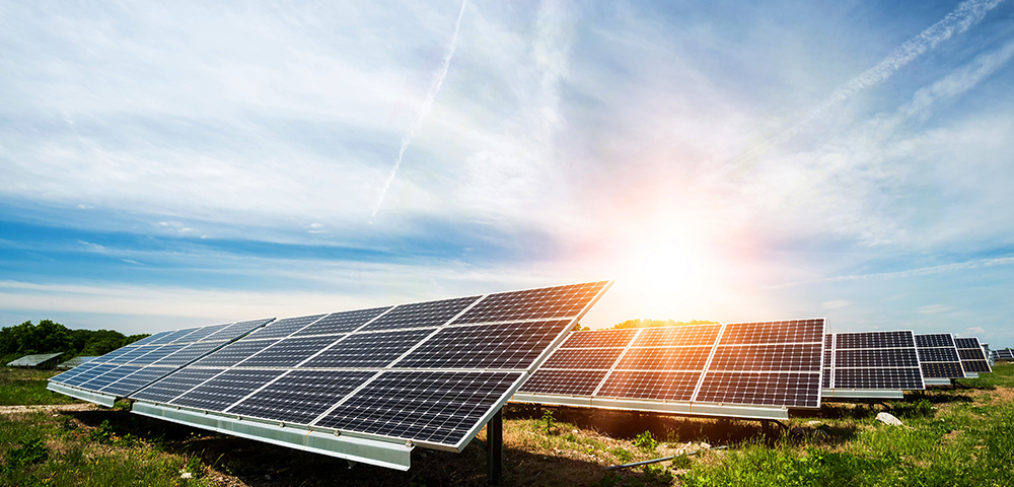We’ve Left it up to the Kids
Children and teenagers have gone on strike this past Friday to protest inaction on climate change. Around the world, young protestors like Greta Thunberg feel that we’ve reached a tipping point and they must take action into their own hands, even though they are not yet out of grade-school.
What they’ve had to say is powerful. Greta’s speech included moving lines like this:
- “You say you love your children above all else, and yet you are stealing their future in front of their very eyes…Because the adult generations have used up all our carbon budget.”
What’s the Impact of Inaction?
The IPCC’s climate report gives us ten years to avoid the worst effects of climate change, and it’s had a big impact on these Generation Z activists, who are mostly aged in their mid teens. In ten years’ time, they’ll be in their mid twenties and dealing with the repercussions of older generations’ inaction.
These bleak prospects have a real impact, even beyond the climate. The United States has an aging population, and young people have cited climate change as a concern for having children. Business Insider conducted a poll which found
- “Nearly 38% of Americans between the ages of 18 and 29 agreed that climate change should be a factor in a couple’s decision about whether to have children. And 34% of Americans between the ages of 30 and 44 agreed.”
What Can We Do?
By powering most of the world on electricity that comes from wind and solar and other renewable, carbon-free sources and offsetting things like plane travel that have to use fossil fuel with higher prices and carbon capture, we can put a stop to the worst of climate change. “It’s 2050 And This Is How We Stopped Climate Change” outlined a clear vision of the future:
- “This is the foundation of a zero-carbon world: Electricity that comes from clean sources, mainly the sun and the wind, cheap and increasingly abundant. Today, it powers this house; tomorrow, it could drive the world.”
The good news is that we still have a few years to turn things around, and we have the solutions we need to do it – all that’s missing is action.
- “In order to have impact, timely impact, I figured that I need to leave research and focus on impactful things that I want to do. And fast,” she says.
As consumers and citizens, we can also have a big impact. Voting, both at the polls and with our dollars, combined with individual choices on things like transportation, are powerful ways to combat climate change. One easy switch to make is to support the transition to clean energy through community solar, which is becoming increasingly available in many states.
—
You can help Fight Climate Change by joining a Community Solar Farm.












